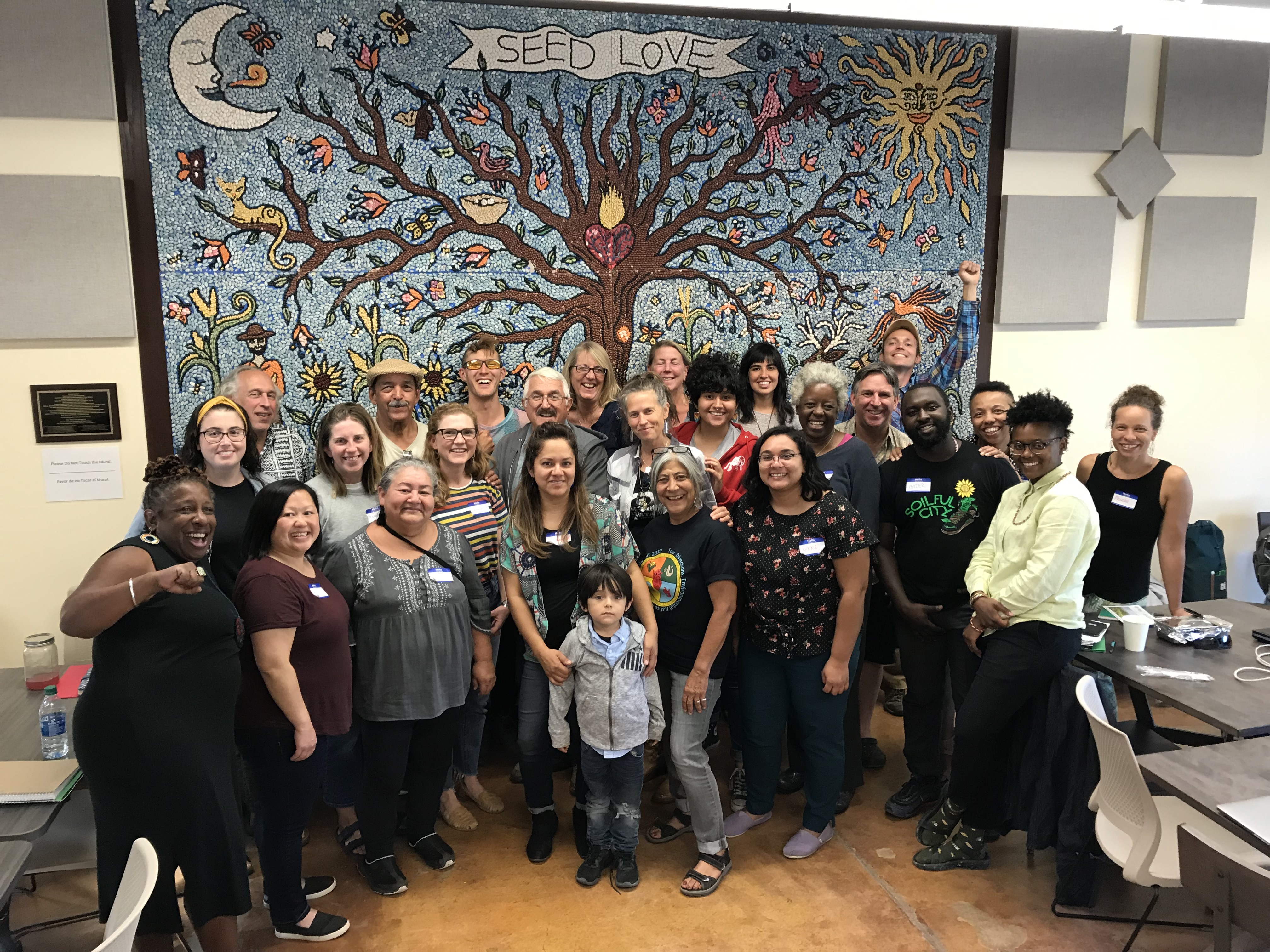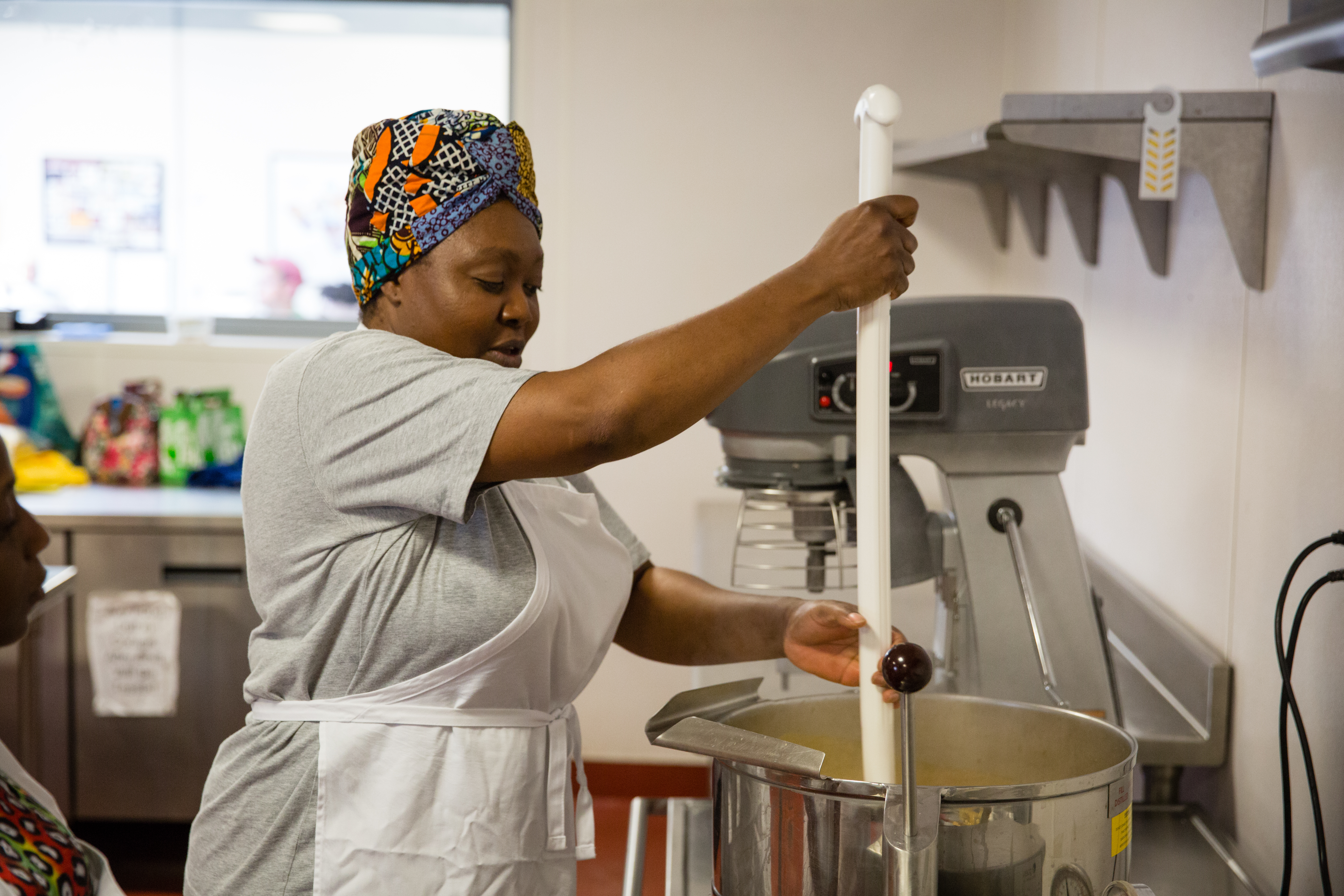Growing healthy food communities
Health care accounts for approximately 18% of the U.S. economy and is the only sector with healing as its core mission. Hospitals can use their purchasing power and expertise to support community health and wealth beyond the hospital walls through supporting healthy and sustainable food systems.
Strengthen your local food economy and build resilience
Act now
- Leveraging the power of procurement What you buy matters, your food purchasing decisions can transform the supply chain so that it reflects the values of health, equity, and environmental stewardship.
- Invest for community benefit Community benefit Investments are one pathway for nonprofit hospitals to address healthy food access and strengthen the food system. Learn how hospitals can battle hunger and disease with plants and accelerate best practices to promote healthy food access and healthier food systems.
- Anchored by health care: Strategies for health systems By focusing more on community engagement, health care organizations can drive systemic change, improve the root causes of health inequities and poor health outcomes, and build community-centered economies that promote health and well-being. Learn how to deepen your engagement with community partners to achieve goals for equity and resilience while working on a specific project or initiative.
Join a regional innovation project: Community solutions
Across the country, hospitals, community-based organizations, and supply chain partners are collaborating to find implementable, community-driven solutions to critical food systems issues. Join a community solutions innovation project in your region.
Act now
Southwest
Anchors in Resilient Communities - Comprised of representatives from key anchor institutions in the San Francisco Bay Area of Northern California working in collaboration with their community to co-create resilient regional food economies.
Local Food Solutions is a community-created and driven project with the aim of stocking locally, sustainably grown produce and healthy food products into four dollar stores in the South Valley and International District of Albuquerque – and as a result – increasing health and community wealth for its people.
Our stories: New Mexico farmers supply dollar store groceries, a pilot with national potential


